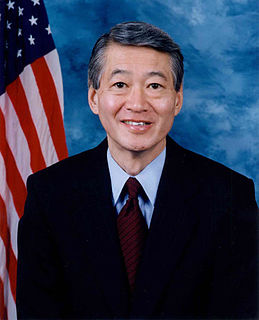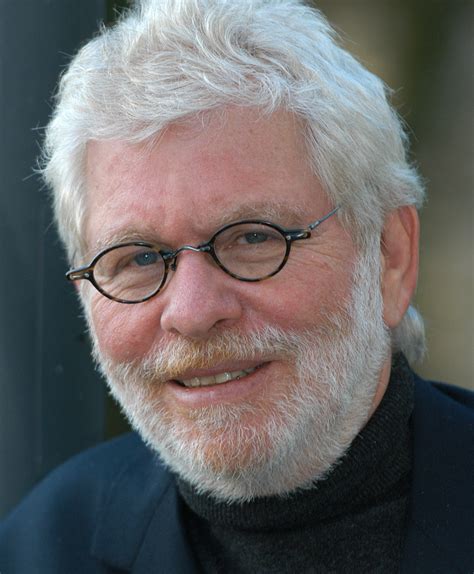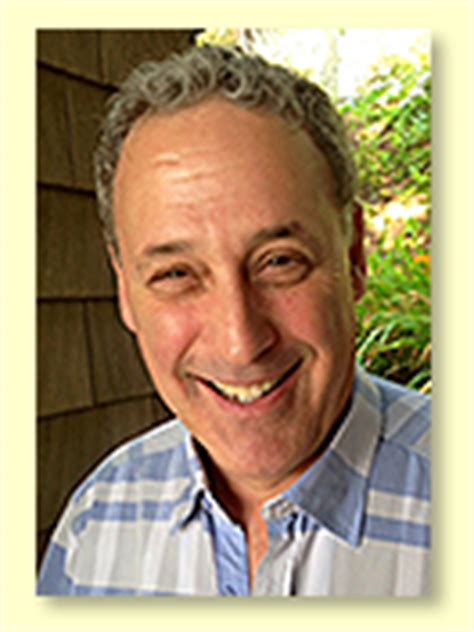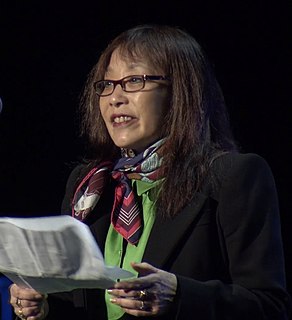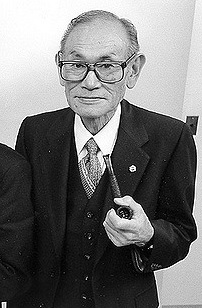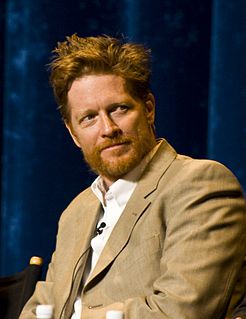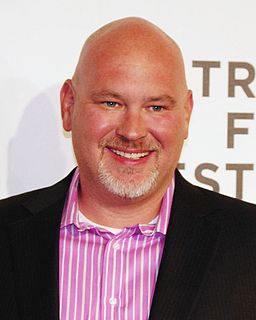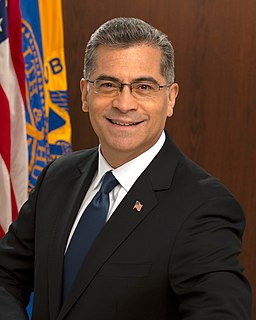Top 43 Internment Quotes & Sayings
Explore popular Internment quotes.
Last updated on April 14, 2025.
I think the important thing to remember about the Japanese internment is the situation. We had been attacked. Maybe Roosevelt expected it - I rather think he did. I don't think he expected an attack on Pearl Harbor. I think he expected an attack on Southeast Asia. But we were attacked at Pearl Harbor
Growing up, I didn't know about the Japanese internment camps until I saw a movie of the week as an adult. I remember going, 'How come that wasn't covered in history class?' Moving to California, you run into people whose grandparents lost everything and their businesses and were put in these internment camps.
Our Navy was very largely sunk. And we were at war in no time at all. I share, in retrospect, the distress we all share at the internment of the Japanese American citizens of the United States. It was not our finest hour. But the Supreme Court had it before it at the time, and justified it and upheld it.
One thing that does seem to me to be fairly consistent is that presidents who restrict civil liberties, even in wartime, are usually judged harshly for it. So most people agree that one of the worst stains on the reputation of FDR, who is widely considered a great president, is the internment of Japanese Americans during World War II. Likewise, Lincoln is judged harshly for the suspension of habeas corpus.
Activist Supreme Courts are not new. The Dred Scott decision in 1856, imposing slavery in free territories; the Plessy decision in 1896, imposing segregation on a private railroad company; the Korematsu decision in 1944, upholding Franklin Roosevelt’s internment of American citizens, mostly Japanese Americans; and the Roe decision in 1973, imposing abortion on the entire nation; are examples of the consequences of activist Courts and justices.
I have no idea why she quieted down on the subject. Maybe she was told to. I can imagine that it wasn't a very popular position in the Administration, with her own husband having ordered by executive order the internment. Maybe she was just told: "Look, we're in a war now. Turn off your social conscience."
There was not one cause for our internment, but many - a deep-seated racial prejudice working on top of fear, distrust, and greed. So how is one to say exactly where history begins or ends? It is all slow oscillations, curves, and waves which take so long to reveal themselves ... like watching a tree grow.
Nothing that had ever happened to him, not the shooting of Oyster, or the piteous muttering expiration of John Wesley Shannenhouse, or the death of his father, or internment of his mother and grandfather, not even the drowning of his beloved brother, had ever broken his heart quite as terribly as the realization, when he was halfway to the rimed zinc hatch of the German station, that he was hauling a corpse behind him
I studied about the internment of Japanese Americans during the Second World War and about how the Constitution was written by men, many of whom were slave owners. So I suppose the travel ban strikes me as coming from an era I thought we'd left behind, but I guess we haven't entirely left it behind.
The Constitution contains no 'dignity' Clause, and even if it did, the government would be incapable of bestowing dignity. ... Slaves did not lose their dignity (any more than they lost their humanity) because the government allowed them to be enslaved. Those held in internment camps did not lose their dignity because the government confined them. And those denied governmental benefits certainly do not lose their dignity because the government denies them those benefits.
And Eleanor's husband was the man who did the interning. And I think they - Governor Warren, who was later to become such an impassioned Chief Justice on all sorts of human rights issues, was very big in the internment process. And I think that we simply sometimes tend not to understand or remember how people felt.
We entered a synagogue which was packed with the greatest stinking bunch of humanity I have ever seen. Either these Displaced Persons never had any sense of decency or else they lost it all during their period of internment by the Germans. My personal opinion is that no people could have sunk to the level of degradation these have reached in the short space of four years.
I remembered some people who lived across the street from our home as we were being taken away. When I was a teenager, I had many after-dinner conversations with my father about our internment. He told me that after we were taken away, they came to our house and took everything. We were literally stripped clean.
